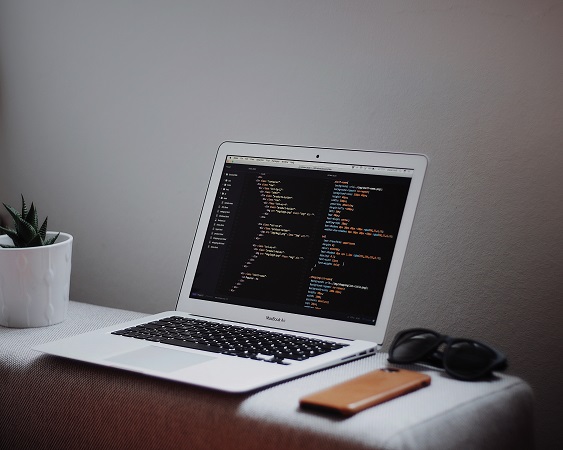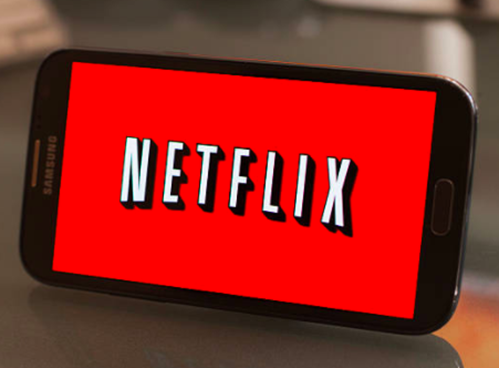When the Internet came into being, back in the early 90s, it changed our lives radically. Many would state that those changes are predominantly positive, however… the truth is it’s more of a two-edged sword situation!
On the one hand, you have innovative business opportunities, connecting with people from all over the world, access to massive databases to acquire plenty of new knowledge, playing various games and countless other perks.
From another point of view, you have all your data (personal information, pictures, banking details – ALL!) exposed just like that. Yes, there are ways to protect them, but how effective these protocols really are? Take the iGaming industry as a perfect example where data leakage can lead to severe problems.
We have done research on the topic and here’s where things stand at the very moment!
Personal data in online gaming
Even though this has been a burning question for a longer period of time, practically since the web universe invaded our lives, a recent course of events in the entertainment industry reminded us on this burning topic:
Are our confidential data really adequately protected?
Come to think of the subject in general, there is a plethora of ways for companies and individuals to strengthen the protection of sensitive data. All online platforms continuously work and try hard to build an ultimate shield to keep all the valuable information in a safe place.
They collaborate with each other, provide tips on how to stay more secure online, provide parental supervision to protect the youngest group of internet consumers, nevertheless…
…problems happen. More often than we can imagine, unfortunately!
The virtual entertainment industry comes as a great example. The technological environment there is extremely dynamic and ever-changing, which makes it susceptible to unpleasant situations. All the operators undergo various tests and authorizations. They are being audited on a regular basis, by independent companies and official governing institutions, in order to ensure the maximal protection possible. Many operators proudly point out the usage of latest key encryptions to protect sensitive information from third-party access.
But despite this highly serious precaution measurements, it’s impossible to prevent issues from happening. The more the protection grows, the more people get skilled in finding the ways to break it.
So, what can we do about it?
Hello GDPR, Goodbye troubles…At least some of them
General Data Protection Regulation adds more value to the entire situation, by establishing certain principles and requirements to follow. Those previously applied exclusively on Data Controllers but it expanded with the purpose to increase the overall safety.
Here are some of the most prominent standards that implementation of GDPR has brought:
- A more precise definition of personal information, which includes IP addresses as well as location data. In addition to this, upgraded security of those data. This means protection in case of accidental losses and damages with adequate measures in terms of technology. This also includes unlawful processing;
- Pseudonymisation and encryption of confidential data and default privacy settings, without having to adjust those manually;
- “Clear affirmative action” which means providing a statement with a customer’s consent. Moreover, explicit consent for processing sensitive categories such as ethnicity, political opinion, religious belief and several more;
- “Right to be forgotten” which makes it possible for a consumer to withdraw the consent at any time without any consequences. Moreover, this includes destruction and removal of data from platforms where they are stored;
- In case of endangered security which leads to data loss, damage, theft, alteration or similar, data controllers need to be notified or else it results in fines.
The list is longer than this, of course. But these segments were more than enough to point out why this regulation was so necessary.
Though making such changes and setting rules on an upper level is the first, and definitely the most significant step in the whole procedure, still, it’s not enough. Each one of us has to do a lot to improve and put safety to an upper level.
Let’s find out how to do so!
The best ways to protect yourself in the online entertainment world
Some conservative individuals would say deciding not to use the Internet at all is the best you can do in terms of security. But, come on, it’s impossible to do so.
When it comes to leaving your data online, you need to be very smart, and in a way sly. Of course, not in a negative context, far from that. What we mean is that you need to double-check all your activity on the Internet and make sure that you leave traces (data) only on trustworthy places and platforms.
So, whatever you use, be it a web-based boutique, entertainment hub, forum to exchange thoughts about books and movies or whatever else, the rule is the same- it HAS to be the one you can trust! Therefore, see how long the platform exists, what’s the user community like, do they have the necessary authentications and authorizations, and then join it.
Here’s a set of six useful and practical TIPS to follow in order to increase safety and decrease abuses:
1) Secure your devices with strong passwords and provide solutions in case of disasters.
2) Be smart with installing apps, as each of them requires multitude consents to access various other apps and software on your phone. That MAY result in data leakage and unauthorized usage.
3) Minimize your online footprints, by hitting the source directly and removing all the information and pictures.
4) Mind the metadata, as they are core pillars of surveillance conducted by the government.
5) Secure your browsing, servers, and clouds on multiple ways and level. Minimize the usage of wireless services, particularly in public places.
6) Limit the usage of social networks, particularly because you have no control over the information your friends post about you. Moreover, disable location data.
These tips go in general, as you can apply them in every online field. Those who consume the services of the online gaming industry should pay special attention as many extremely personal information are available, including banking details, passwords, and usernames. That’s why one should register and visit only those venues which are certified and transparent in their Terms and Conditions.
At the end of the day
The purpose of this insightful research was not to discourage you from using the internet for various purposes. We wanted to make some things clearer, to warn you about the details that you perhaps were not on your mind.
Without the intention to sound discriminating, but younger generations, growing up with modern technologies are wiser when it comes to using the Internet. But there’s still a long way to go. Seniors among us are the ones who need to learn and become aware of all the pros and cons of being in an online universe. They need to educate and explore. They need the younger ones to show them what to do and how to act in that web-based world.
As long as you act cleverly and mind all the segments we described, you needn’t worry about online data protection. After all, criminals have always existed, and they will continue so. But it’s up to us to minimize the potential troubles and abuses.













